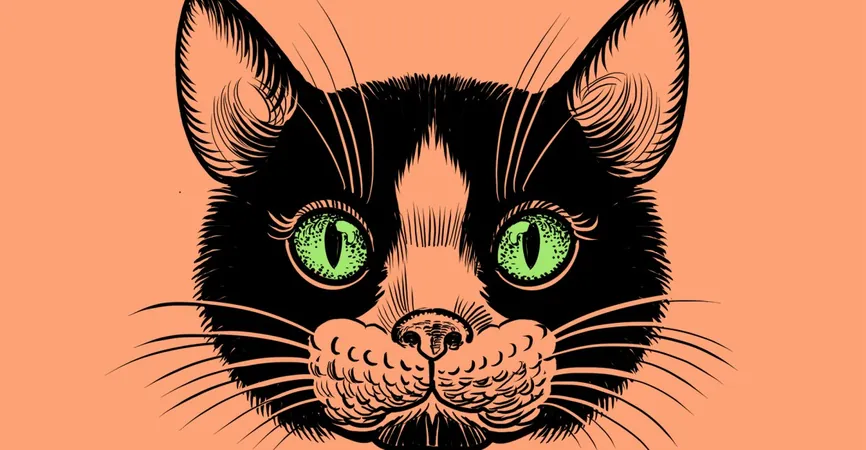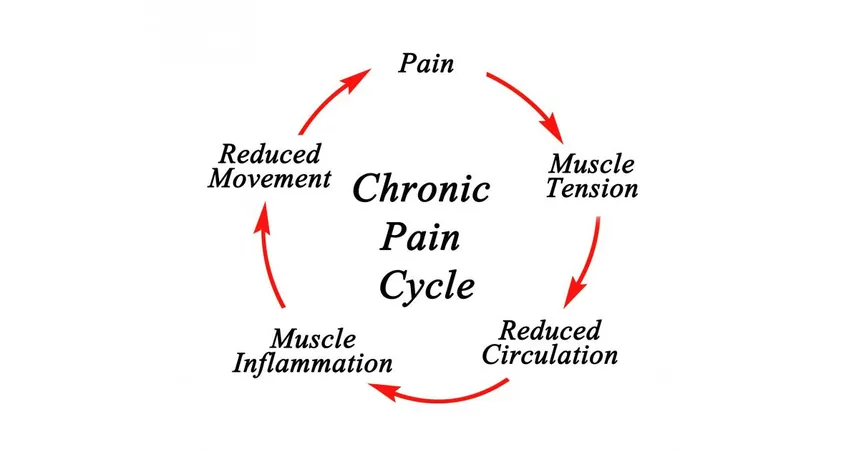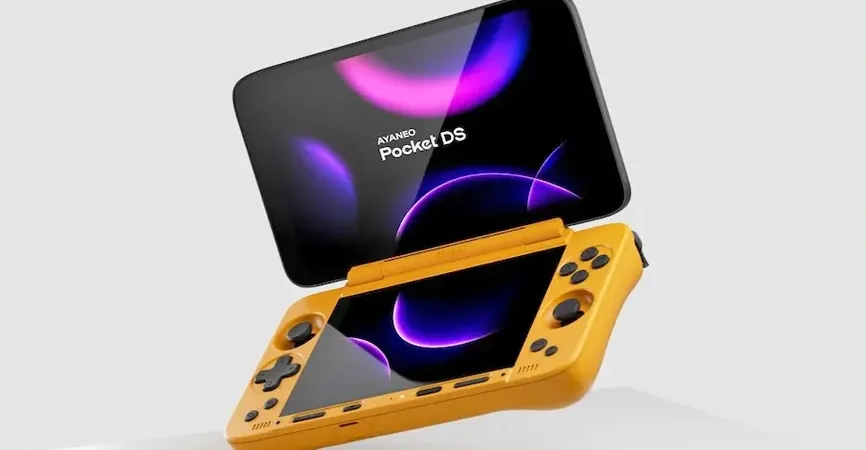
The Truth Behind the Infamous 'Gen Z Stare': Why Older Generations Are Upset
2025-07-19
Author: Jacob
Unpacking the 'Gen Z Stare' Phenomenon
As it turns out, the infamous 'Gen Z stare' may not be the alarming trend many believe it to be. Zoomers, the generation born between 1997 and 2012, argue that these reports are exaggerated and that any perceived staring is merely a reaction to the antics of older generations.
What Exactly Is the Gen Z Stare?
Recently trending on TikTok, the Gen Z stare is described by members of older generations—millennials, Gen X, and boomers—as a blank or bewildered expression during conversations. This stare often manifests in situations like customer service interactions, with reports of this generation not even greeting those on the other end of a phone call.
Generational Gripes—Nothing New Here!
Every generation seems to have its share of stereotypes that unify the others in complaints: millennials are criticized for 'failing to launch,' Gen Xers for their 'slacker' mindset, and boomers for 'ruining everything.' Now it's Gen Z facing the critical lens, with discussions revolving around their spending habits (or lack thereof), surprising religious interests, and the ongoing fashion trend of baggy pants. Collective grumbling seems to be a timeless pastime.
Is the Gen Z Stare Even Real?
The tricky part about the Gen Z stare is getting them to admit it exists. Conversations with Zoomers reveal that many don't identify with this behavior at all. Take Sam Delgado, a young journalist, who states she has never witnessed this 'deadpan stare' in her circle of friends. Kat Swank, another 1997-born individual, echoes her sentiments, skeptical about the stare while acknowledging its TikTok prevalence.
Blame It on Changing Social Interactions
Psychologists note that older generations tend to have more varied social interactions and have learned skills over decades that young people might lack. The pandemic has only exacerbated this issue, as social encounters shifted online, leading to different forms of communication that may not translate well to face-to-face interactions.
Are We All Just Being Too Sensitive?
Interestingly, some experts suggest that this stare isn’t unique to Generation Z; it reflects a long-standing trend of older adults lamenting the behavior of their younger counterparts. Michael Poulin, a psychology professor, asserts that every generation has exhibited behaviors that the previous one found irksome. While Gen Z might be facing the brunt of online complaints now, this pattern of generational grievance is nothing new.
The Impacts of Technology and the Pandemic
The rise of technology has completely altered how young people interact. From endless scrolling on social media to conducting customer interactions through screens, Zoomers may not fully grasp the nuances of face-to-face dialogue. Tara Well, a professor studying social behaviors, believes this has led to a tendency among Gen Z to view interpersonal interactions similarly to how they consume online content.
Understanding the Disconnection
Well emphasizes that human interactions should be dynamic, filled with feedback cues and emotional exchanges. In contrast, the Gen Z stare might come off as a lack of engagement, leaving the recipient feeling rejected—a feeling that humans universally dislike.
Looking Forward: A Shift in Behavior?
The good news? Experts believe that Gen Z will likely outgrow this behavior as they seek more in-person interactions and feel the social consequences of their actions. While they may not share the same in-person experience as older generations, the reality of adult social life will push them towards more fulfilling communication styles.
As Gen Z navigates their social environment, we’ll see new complaints arise, reflecting the ever-changing dynamics between generations.









 Brasil (PT)
Brasil (PT)
 Canada (EN)
Canada (EN)
 Chile (ES)
Chile (ES)
 Česko (CS)
Česko (CS)
 대한민국 (KO)
대한민국 (KO)
 España (ES)
España (ES)
 France (FR)
France (FR)
 Hong Kong (EN)
Hong Kong (EN)
 Italia (IT)
Italia (IT)
 日本 (JA)
日本 (JA)
 Magyarország (HU)
Magyarország (HU)
 Norge (NO)
Norge (NO)
 Polska (PL)
Polska (PL)
 Schweiz (DE)
Schweiz (DE)
 Singapore (EN)
Singapore (EN)
 Sverige (SV)
Sverige (SV)
 Suomi (FI)
Suomi (FI)
 Türkiye (TR)
Türkiye (TR)
 الإمارات العربية المتحدة (AR)
الإمارات العربية المتحدة (AR)